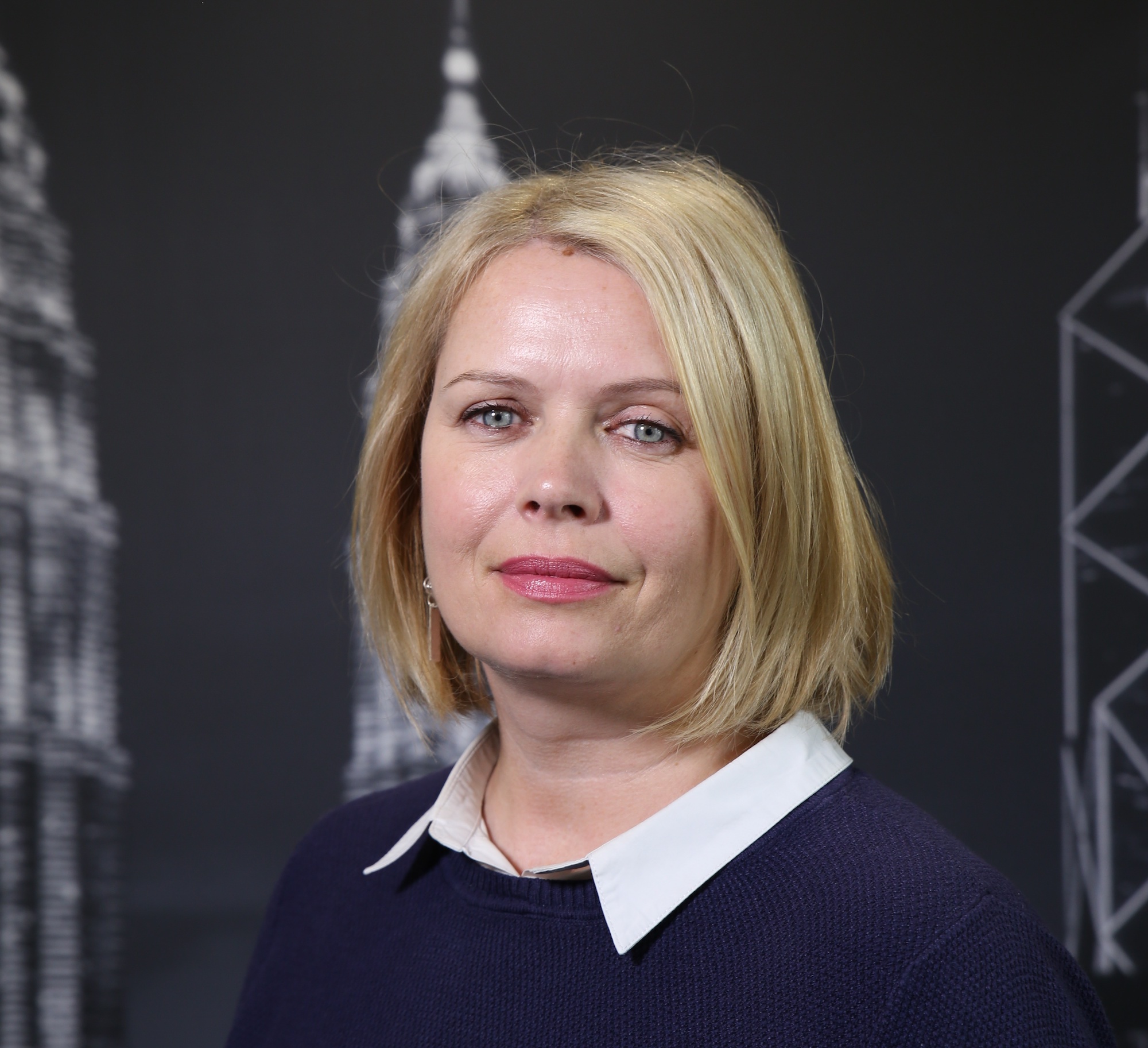ICAS: Global study identifies the key to fostering female ambition in the chartered accountancy profession

Sarah Spiers
New research launched today from the Chartered Accountants Worldwide global ED&I task force, chaired by ICAS executive director of member engagement and communications, Sarah Speirs, has identified the key to fostering female ambition in the profession.
The CAW global ED&I task force partnered with Magenta — a specialist research agency — to conduct the first global study to map the career journeys of women in the profession and identify the barriers and opportunities for employers to open career pathways for women to progress into more senior positions.
More than 3,500 mid-career women and men took part in the study across eight countries that included over forty in-depth interviews.
The survey revealed that while some in-roads have been made, there is still much to do for the profession to both attract and retain female talent — especially mid-career.
Ms Speirs said: “This study has shown that there is still more that we need to do to foster female ambition within the profession and drive change. This is a global issue that concerns all of us irrespective of country and culture.
“At a time when retention is a key issue for employers, we must work together to find solutions to harness the huge talent pool of mid-career women as well as ensuring that the profession remains a viable and attractive option to young women coming into Chartered Accountancy in future.”
The survey indicated that eight in ten women felt they had a lot to offer the profession despite being a parent and that ambition doesn’t reduce with parenthood, with 7 in 10 stating that they believe they can obtain a senior position.
However, a lack of confidence to progress their career came out as the number one barrier for women, with 31% citing it as a barrier to progression. 29% of women felt that the management style of their superiors and company culture were prohibitive to their career and 25% of women stated that a lack of time off to care for children was a barrier for them.
Networking also felt exclusive to many women because of the times these events took place, meaning they were unable to make connections for work because of family commitments. Indeed, throughout their career, women are significantly more likely to experience barriers to their career progression. Conversely, by the time men reach their late career, they are significantly more likely to claim that they have not experienced any barriers to their career (29%).
There are some key opportunities that the profession could embrace to ensure mid-career women stay motivated, are able to progress and remain a valuable resource to employers. For example, over one in three mid-career women (36%) highlight flexible hours or working location as an important enabler for career progression.
Furthermore, three in four mid-career women (75%) currently acknowledge that a supportive line manager and/or being given the opportunity to work on new projects that allowed them to develop their skillset as having the biggest impact on their career progression and 67% stated that they would love a mentor to support and guide them.
Lastly, the ability to work flexibly and in a hybrid manner while remaining visible and valued by senior managers was something many women cited as being something that would make a huge difference to them.








